Trauma (Survival) Responses
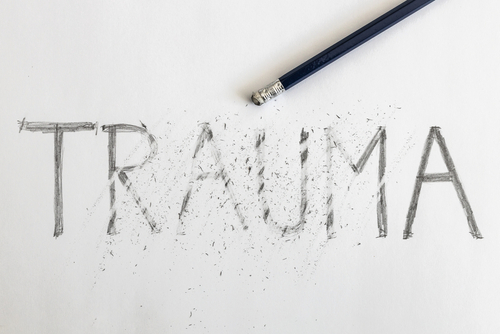


If you have children, they will try to make sense of the break-in, just like the adults in the house. It can be confusing and frightening for children, Continue reading “Supporting Children After a Break-In”

So many women struggle with their self-worth or self-esteem. We are all exposed to messages at some point that we haven’t done ‘good enough’ on a task; or we have felt not good enough as a person.

Many women struggle with breastfeeding. Some more so, and some less so.

Did you know…
Between 70 – 100% of mums with babies will have frightening thoughts about something bad happening to their baby?¹²
This is a really high number, but it’s something that people don’t talk about. These thoughts can involve accidental harm (such as worrying about SIDS, your baby getting sick, or leaving them somewhere) or intentional harm (like seeing yourself shake or hit your baby).
Continue reading “What can you do if you have scary thoughts about your baby?”

Remember in the old days when you used to have a hot cuppa whenever you wanted? And then, having kids made this a thing of the past or an occasional indulgence?

When you’re a mother, your life becomes about other people; or at least, you lose the freedom to do whatever you want, whenever you want. You’re on call all the time, even if you work out of the home. This can be demanding, so mums often crave time for themselves (alone, child-free, or demand-free; even if you feel guilty for taking this time).
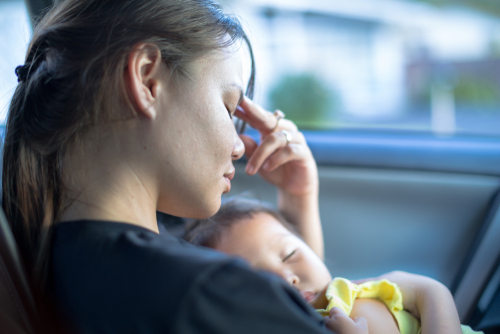
Growing your family and having babies. Continue reading “Perinatal mental health matters”
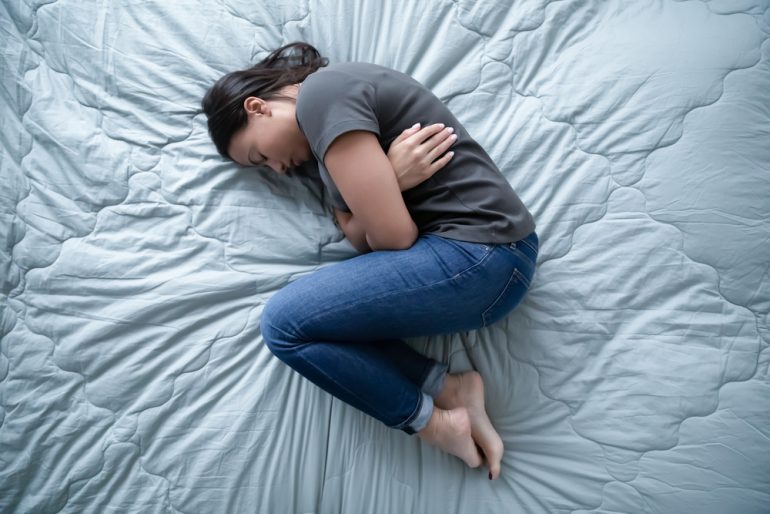
“Announce your pregnancy after 12 weeks.” Continue reading “Why the 12 Week Rule SUCKS (SW: pregnancy loss)”
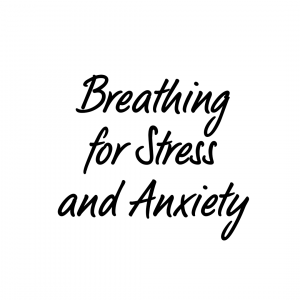
I can’t even count the amount of times I’ve heard someone unhappy with the idea of trying to breathe to manage anxiety or stress. It’s usually because what they’ve heard or learnt about breathing is incorrect- which is why it hasn’t helped.
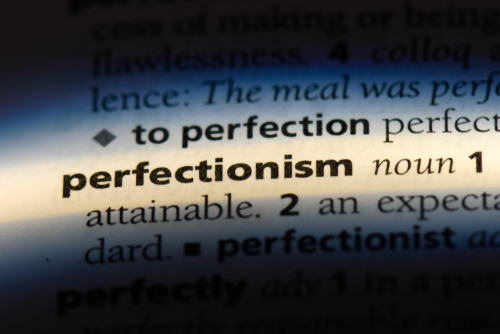
Perfectionism is when you set yourself high standards that are unrealistic or unhelpful, that you must achieve. It is continually striving to achieve these high standards- and often, the goal posts keep moving. Continue reading “Perfectionism”
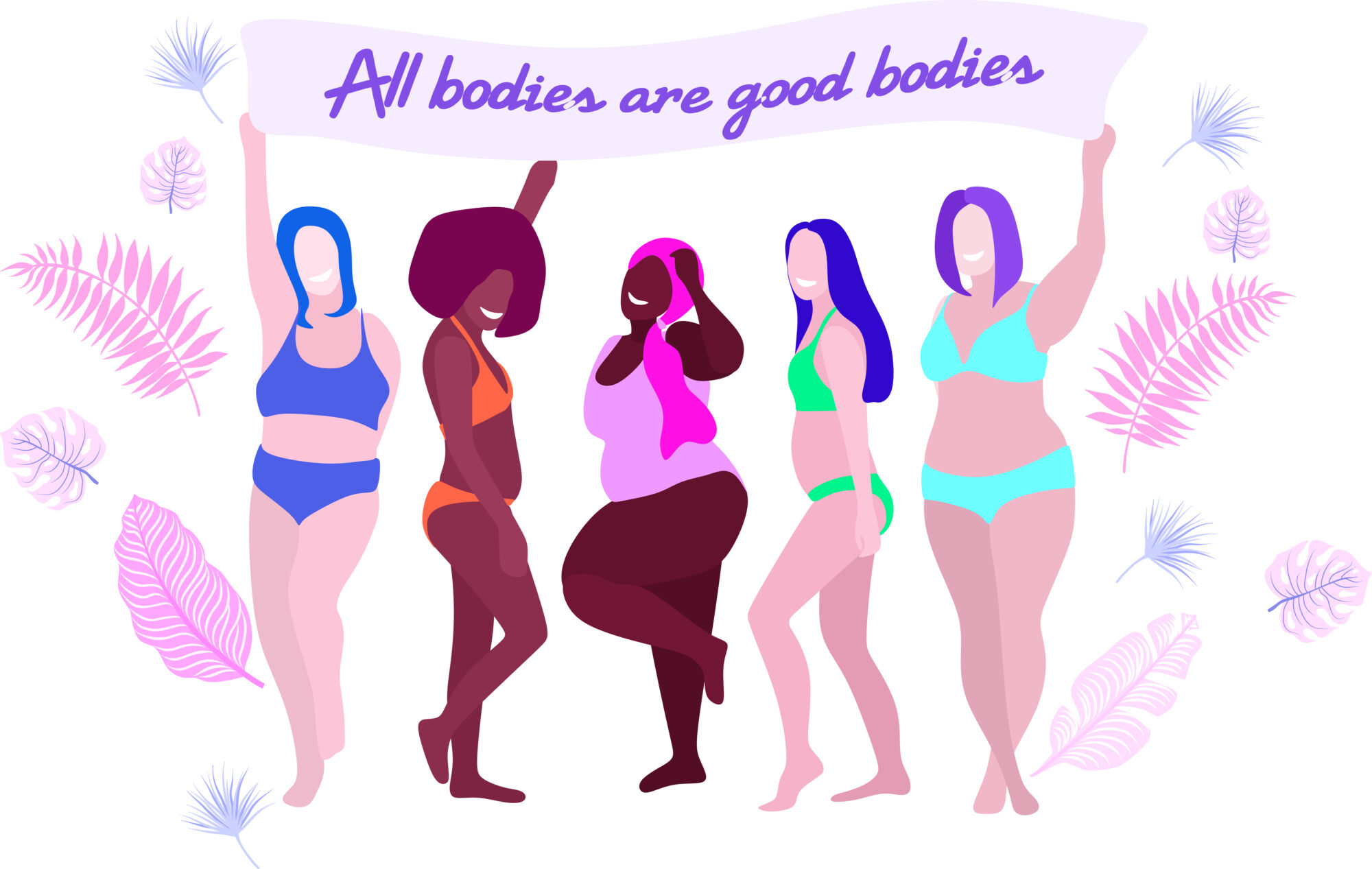
So many women struggle with their bodies and how they look. And the worst part is that the research shows that this starts early and tends to last into later life. Can you imagine being unhappy with your body all your life? It can be a confronting prospect to consider.